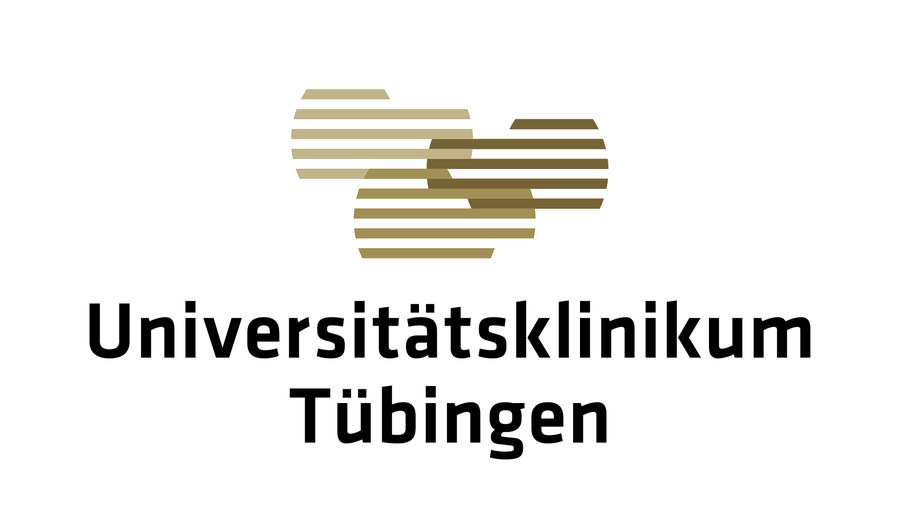University Hospital Tübingen

An introduction to the University Hospital and the Faculty of Medicine
The University Hospital
The University Hospital has established itself as one of the leading Centres of Medicine at University level in Germany. The German Science Council has certified that the Hospital and Faculty of Medicine provide outstanding services in the fields of research, teaching and health-care, and that both Institutions are pacemakers in the field of Medicine at University level in the Federal Republic of Germany. As a Centre which offers the very best in health-care and serves as a District Hospital for the Town and District of Tübingen, the University Hospital Tübingen enjoys a reputation which extends well beyond the regional borders. The Hospital's catchment area extends from the mid-Neckar urban area to Lake Constance. Since January 1998, the Hospital has been an independent Public-Law Institution with an Executive Board of Directors and a Supervisory Board of Directors.
The Faculty of Medicine
The Faculty of Medicine is affiliated to the University. As a partner it works in close collaboration with the University Hospital Tübingen as a top class Institution for vocational training and research. It comprises 68 pre-clinical, clinical and theoretical medical Departments and Institutes. With more than 1000 scientific staff, it is the largest of the 7 Faculties of the Eberhard Karls University. Along with the Faculties of Theology, Law, and Arts (later Philosophy), the Faculty of Medicine was one of the "founding Faculties" of the University in 1477.
The very best care in our Hospitals and Institutes
In addition to the assignment of providing health-care and services of the very highest standard in all the specialist fields, the University Hospital Tübingen has also been tasked by the State of Baden-Württemberg to act as a Comprehensive Cancer Centre, Centre for Perinatology, Social Paediatric Centre, Geriatric Centre and a national Pain Treatment Centre. It is furthermore also a Transplant Centre for kidney, liver and pancreas transplants, as well as for intestinal and multi-visceral transplants. Further focal points are on cardiology, cardiac surgery and paediatric cardiac surgery, neurology, neurosurgery and neuroradiology with a Stroke Unit.
Research which keeps up with the pulse of time
Neuroscience, infection biology, oncology, cytobiology, immunology, vascular medicine and diabetes, and medical technology already feature prominently in the Faculty of Medicine's field of research. In these fields especially, Tübingen's research is competitive both at a national and international level.
A trendsetter in University teaching methods
Approximately 3.000 students are studying human-medicine or oral medicine in Tübingen, or taking part in the masters and postgraduate degree course in neuroscience and behavioural science.